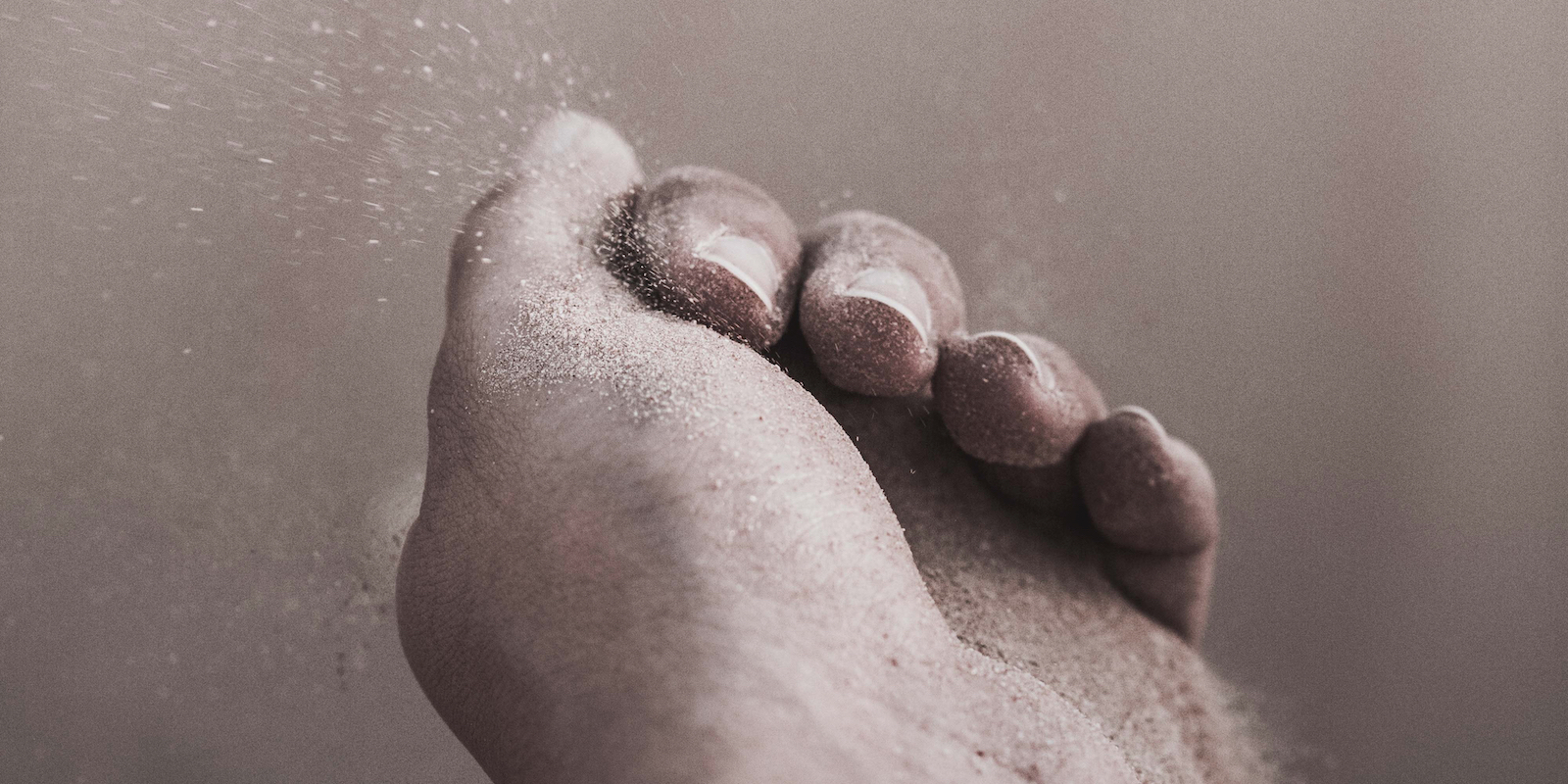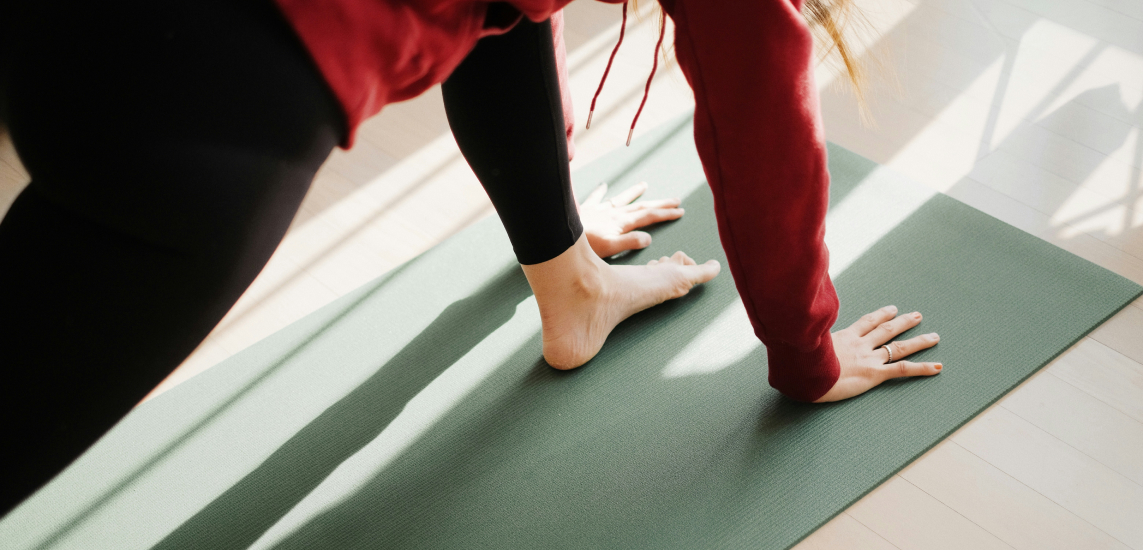Part of self-awareness, or insight involves increasing your emotional intelligence. This helps you recognize your own emotional triggers that make you feel stressed or deplete your energy. This type of intelligence also helps you identify the feelings other people may be experiencing.
To develop a stress resistant personality we begin by addressing a potential lack of insight, a lack of self-awareness. The absence of awareness is also defined as ignorance — but this does not mean stupidity, it simply implies ‘not knowing.’ Not being aware of or denying your own mental and emotional makeup and what you require to thrive will leave you at risk of burnout, illness and even premature death.
Developing emotional intelligence and insight into your feelings while also becoming open, curious and actively investigating your makeup will build resilience. More than that, developing greater self-awareness is the foundation of a life of peace, fulfilment, joy, ease and flow.
Understanding yourself, who you really are and what makes you tick is where you begin to align your actions with your true nature. And this is the first step to activating your innate vitality code — the body’s natural blueprint for recovery, resilience and restoration. When you live in alignment with your authentic self and your core values you allow your innate vitality code to turn on the body’s rest and recovery systems. And it helps you build a stress-resistant personality.
Without insight we tend to walk around blindly, reacting to life based on old programs, rather than tuning into greater wisdom in the present moment. Without insight you stay in self-denial and unhealthy lifestyles. Without awareness of your strengths and limits you stay stuck in self-doubt.
You can develop more insight and emotional intelligence through mindfulness and meditation. You can listen to my Body Scan guided meditation, and others, on Insight Timer.
With self-awareness and insight into who you really are you can stop comparing your life, talents, burdens, and outcomes against anything or anyone outside of you. Instead you get clear about your own system for wellbeing, your symptoms, and your stress triggers and you can create your own personalized recovery plan that works for YOU.
As I explain in my book, one way you can increase self awareness and insight is by taking the Vitality Test, developed by my colleague Nick Haines of the Five Institute. This free online questionnaire will show you which of the 5 Chinese elements are your dominant influences: Water, Wood, Metal, Earth, Fire. Visit www.TheVitalityTest.com to learn more about what makes you brilliant and vulnerable to stress and how the 5 elements can be helpful in building resilience. This will be useful as you read the stories presented in this book and it will help you understand yourself.
The first personal story in the book, by Gerd Stautland, demonstrates the power of developing insight into our emotional makeup and our triggers. Gerd is a compassionate teacher who lived most of her life blind to the source of intense suffering she experienced in relationships. Well into adulthood she discovered how a situation in early childhood created a deep emotional wound. This new insight into her past led her to explore healing modalities that ultimately set her free from that old pain and inspired her to transform her life.
Watch the interview with Gerd and Dr. Andrea here.
There’s also a story by Åshild Tilrem, a licensed critical care nurse, which shows us that while we are all born resilient, certain life circumstances that shape our beliefs can steer us away from our natural ability to recover from stress. Her story details how the mind-body connection can provide us with clues when we are going against our nature and leading toward a stressful, disease provoking state. She explains beautifully how we can choose empowering thoughts that lift up our mood and enhance our wellbeing.
This article is an excerpt from The Top 10 Traits of Highly Resilient People: Real Life Stories of Resilience Show You How to Build a Stress Resistant Personality, published with permission from the publisher.






